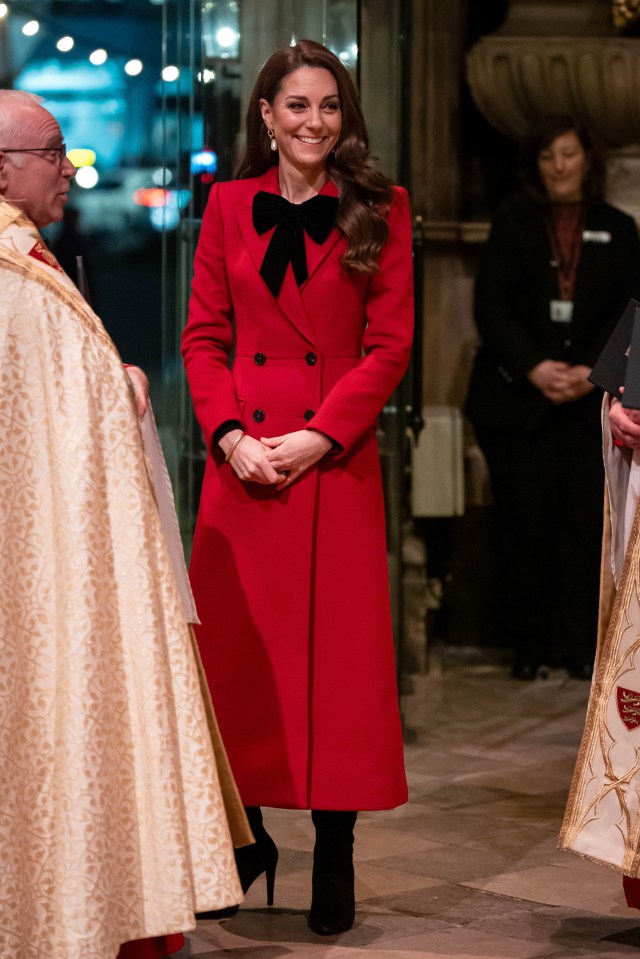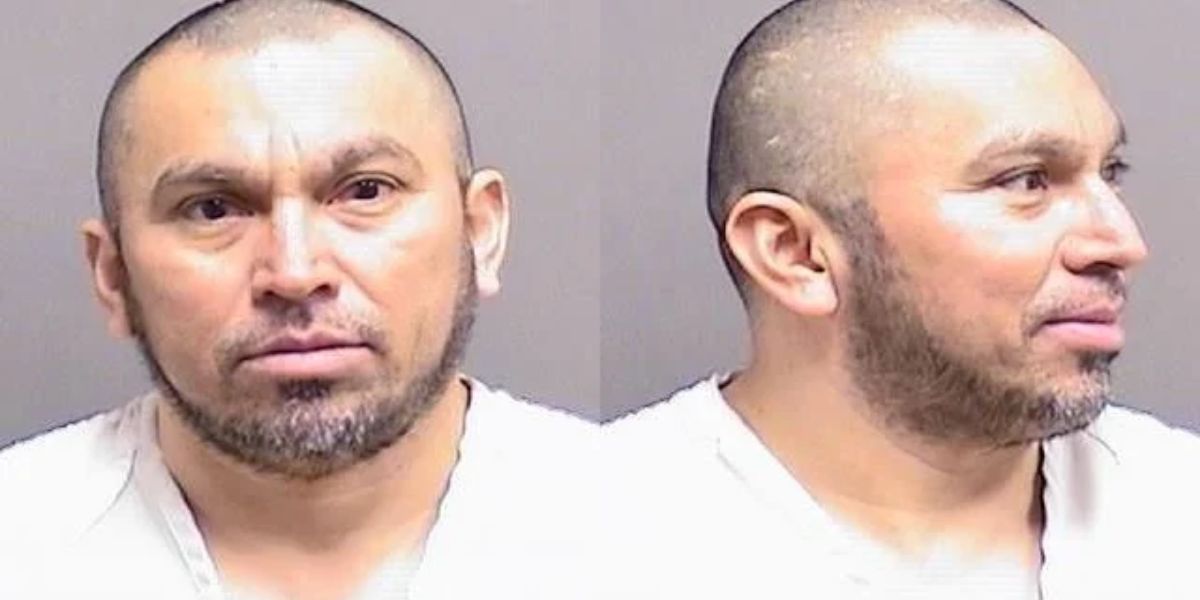Washington Man Sentenced in Major Crow Meth-trafficking Conspiracy Case
U.S. Attorney Jesse Laslovich said a Washington man who came to the Crow Indian Reservation to sell methamphetamine in a massive conspiracy was sentenced today to seven years in prison, to be followed by five years of supervised release, for his conviction of a drug trafficking offense.
Mexican citizen Daniel Jiminez-Chavez, known as Raton, 40 of Okanogan, Washington, entered a guilty plea in January to possession with intent to distribute meth.
Presiding was U.S. District Judge Susan P. Watters.
In court records, the government claimed that federal law enforcement, working with local and tribal law enforcement, launched a comprehensive narcotics trafficking investigation focused on several Crow Indian Reservation locations. From roughly January 2022 to March 2023, the properties—including one known as Spear Siding—provided meth for both the Crow and Northern Cheyenne Indian Reservations. Among over two dozen people connected to the inquiry is Jiminez-Chavez.
Alleged to be among the highest level of the conspiracy, Jiminez-Chvez arrived at Lodge Grass, on the Crow Indian Reservation, from Washington in roughly February 2023 to distribute meth and act as a carer. Other than an instruction to look after one of the residences engaged in a conspiracy and sell drugs for a fellow conspirator, he had no ties to Montana.
Jiminez-Chavez started living close to Spear Siding at a property known as the Bloodman household. Jiminez-Chavez delivered meth to about six individuals at the house with help from another co-conspirator who translated for him.
Two months before his detention, Jiminez-Chavez was in Montana. Over two months, Jiminez-Chavez distributed at least 4.5 kg, or approximately 10 pounds, of meth. Ten pounds of meth corresponds to roughly 36,240 doses.
The matter was prosecuted in the U.S. Attorney’s Office. Investigating was done by the FBI, Drug Enforcement Agency, and Bureau of Indian Affairs.
This case is part of Project Safe Neighborhoods (PSN), a program combining all levels of law enforcement and the communities they serve to lower violent crime and gun violence and thereby make our neighborhoods safer for everyone.
Based on these fundamental ideas, the Department started a violent crime reduction strategy strengthening PSN on May 26, 2021: fostering trust and legitimacy in our communities, supporting community-based organizations helping to prevent violence from occurring in the first place, setting focused and strategic enforcement priorities, and measuring the outcomes.










